How Do Mobile Medical Vehicles Support Rural Healthcare Access
Mobile health clinics are incredibly important for filling the gaps in the healthcare infrastructure. Mobile clinics are especially beneficial for...
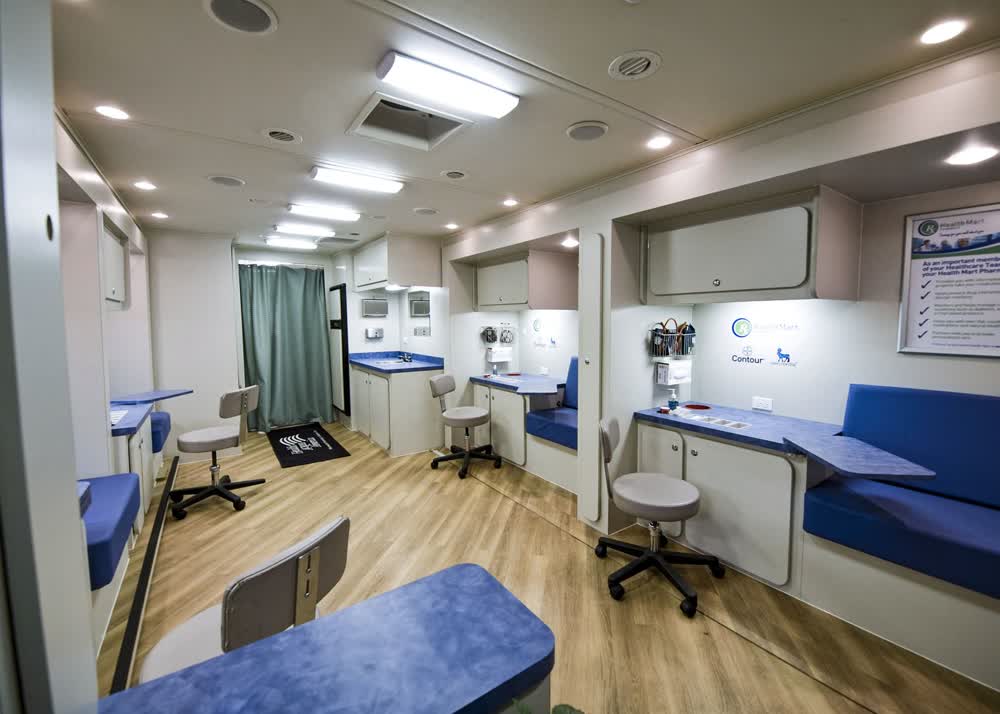
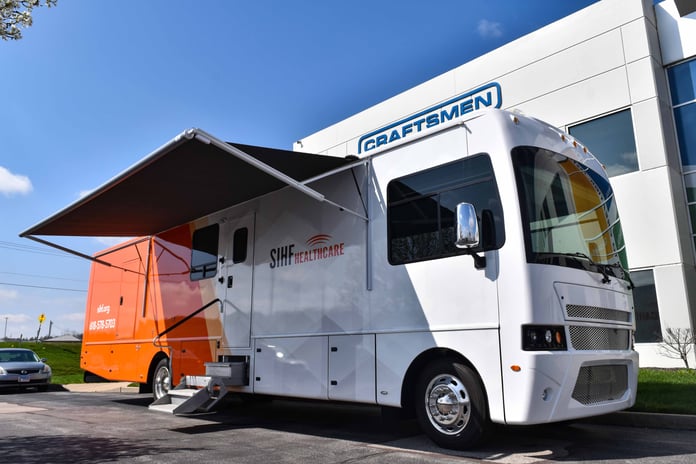
A mobile clinic is a customized vehicle that can bring reactive or preventative healthcare directly to the people where they live and work. These opportunities are particularly advantageous to underserved communities.
Medical vehicles benefit the community and can be highly profitable to healthcare providers. If you are considering a mobile clinic, this guide will help you get started.
One single doctor or provider can rarely cover all of someone’s healthcare needs. People need different providers with different specialties to take care of their teeth, eyes, hearts, and lungs. Not to mention a general practitioner to care for routine illness and injuries. Here are just a few examples of healthcare fields that work well in a mobile clinic.
Mobile dental clinics can be positioned outside schools or large workplaces to make dentistry more available. A mobile dental clinic could provide basic cleaning and screening services to prevent tooth decay and alert patients to more severe issues.
Dental visits can sometimes be seen as optional or luxury healthcare services, and the dentist can spark anxiety or fear in many patients. Bringing dental clinics to the community will ensure that many more patients receive care. A dental vehicle will need dentist chairs, plenty of lighting, sterilization systems, and possibly an X-ray machine.
An outreach primary care medical clinic can help provide preventative services, screenings, and vaccinations. Outreach and vaccination vehicles typically offer free or reduced-price services and medications.
These vehicles should be equipped to treat minor injuries and common illnesses, perform standard lab tests, offer wellness checks and physicals, and give out vaccinations. These mobile clinics should have patient exam chairs or beds if the space provides for them, as well as lavatory facilities and adequate lighting.
Many people can be left without glasses or contact lenses in natural disasters or other emergencies. During such times, mobile optometry clinics can provide essential emergency services.
Optometry, similar to dental care, can be considered optional for those who are too busy to seek care or do not have insurance or sufficient funds. Bringing eye clinics into communities where people live and work makes care and screenings much more accessible to those who otherwise would have gone without.
Optometry medical vehicles should include exam rooms with adequate lighting and carry popular eyeglass frames and contact lenses. Having an optical finishing lab on board for cutting lenses allows providers to offer an exam, fitting, and pair of glasses in one day.
Many patients needing physical therapy have difficulty traveling to healthcare providers for care. A mobile physical therapy truck may be the answer. A mobile physical therapy truck will require more floor space but less expensive equipment than other medical vehicles.
It is not just humans that benefit from mobile health clinics. Mobile veterinary clinics offer healthcare services to animals in the community.
Many pets and owners suffer the stress of transporting animals to a traditional veterinary clinic. With mobile veterinary vehicles, the veterinarian can come to the pet’s home for care. A mobile clinic can handle most routine veterinary procedures with exam tables, sanitary systems, and installed kennels.
Mobile medical clinics are customized from vans, buses, trucks, or recreational vehicles. It is best to work with a trusted company that knows what equipment and customization your vehicle will need. Here is a plan to help ensure success.
Before deciding if a mobile clinic is the right next step for your healthcare practice, talk with leaders in the community to learn where the greatest needs lie. Those in the community will best know what services are lacking.
In underserved communities, it is vital to overcome distrust in the healthcare system. Having culturally competent members on staff will go a long way, especially in sensitive situations.
The provider's needs will determine which type of vehicle will work best. Vans, buses, trucks, or trailers are all excellent options. Speak with a trusted company specializing in mobile medical clinics for the best advice.
Community groups and leaders can also help with this concern. You want to choose locations that are convenient to reach and provide comfort to patients. Schools, libraries, community centers, and parks are good options.
Building a consistent schedule is another crucial way to build trust and interest in the community. Let people know what days and times they can depend on your clinic to be available.
Mobile health clinics can fill the gaps left in the public healthcare system. Medical vehicles can be customized for many different specialties, creating opportunities for care that many people would otherwise forego. On top of all the advantages for the community, the relatively low cost of setting up and running a mobile clinic equals profit for healthcare providers and hospitals. If you are considering starting a mobile health clinic, contact community leaders for advice and guidance.
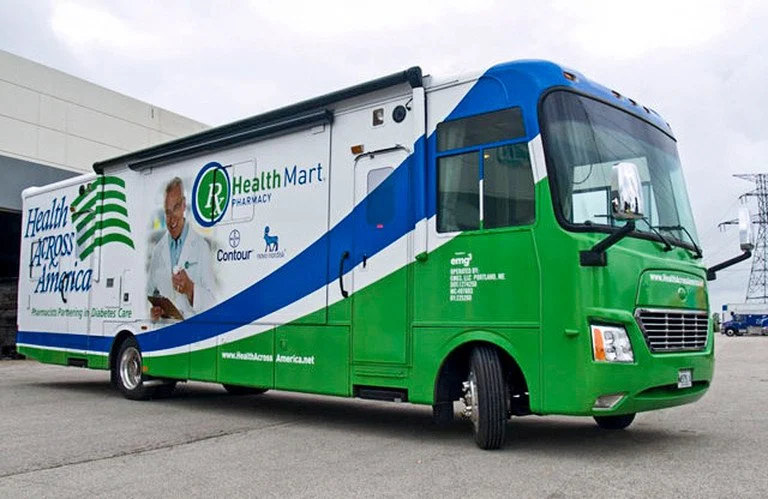
Mobile health clinics are incredibly important for filling the gaps in the healthcare infrastructure. Mobile clinics are especially beneficial for...
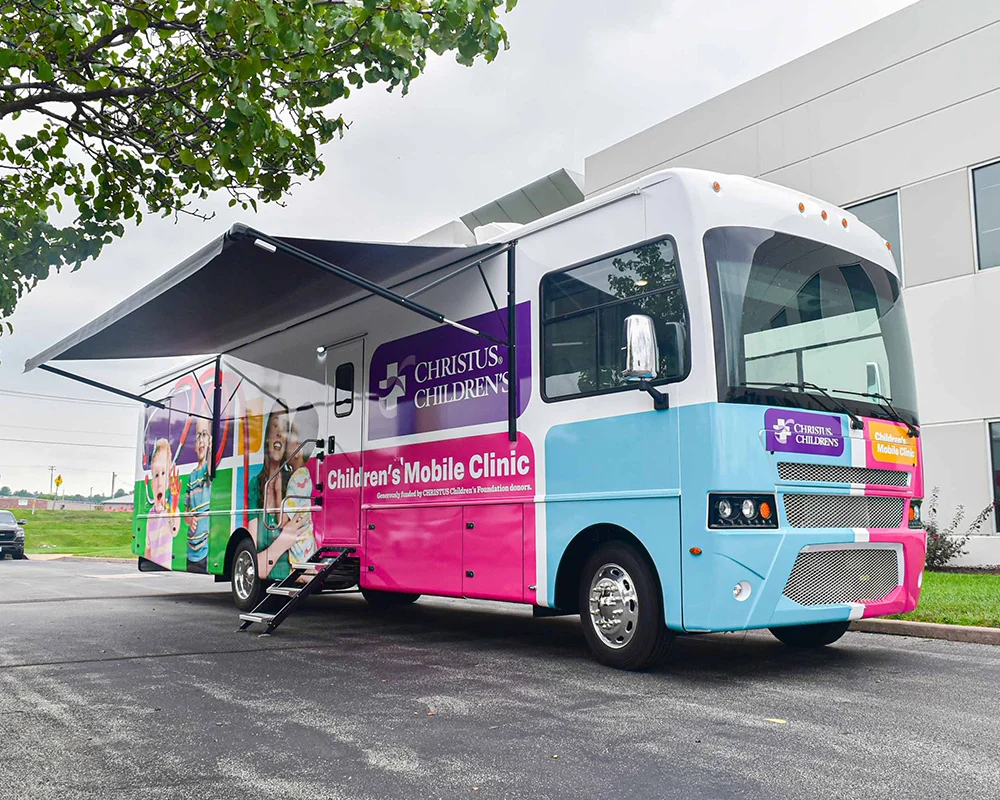
Patient care and privacy are vital for every mobile and fixed healthcare facility. Since mobile coaches are typically smaller, guaranteeing privacy...
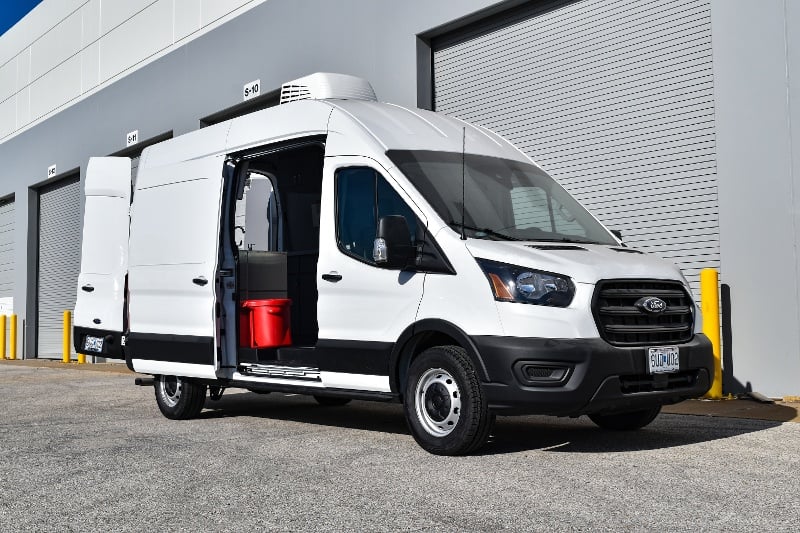
Mobile medical clinics are great for providing essential healthcare services to remote or underserved communities. They improve access to medical...